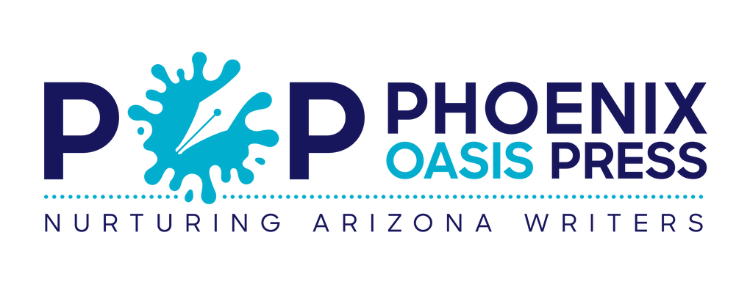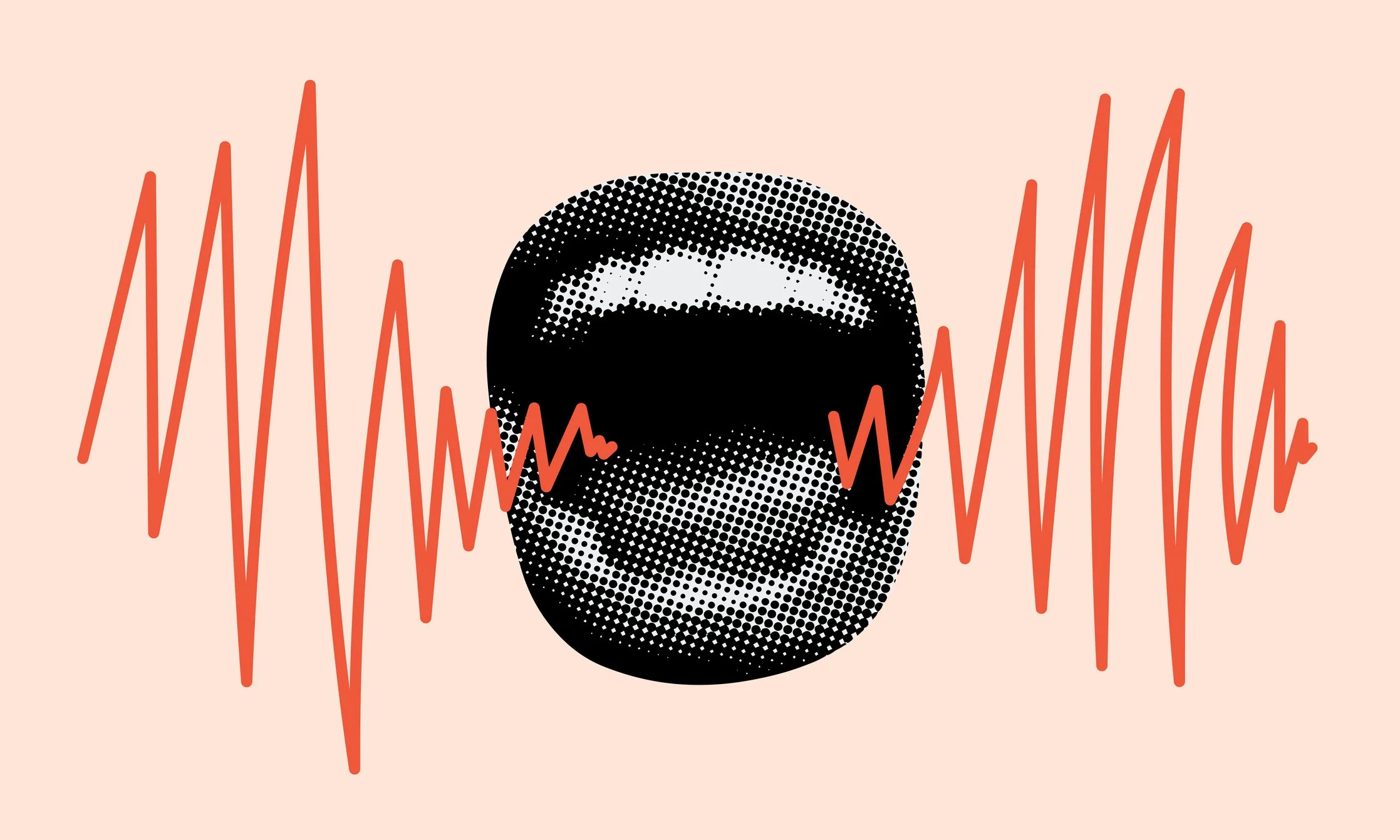Make resistance your new BFF (no, really)
Written by Wilma Lefler
A little voice in your head says you aren’t good enough to be a writer, doesn’t it? That little voice is your Resistance, and, funny enough, it thinks it’s protecting you. Sue Fulton explored the neuroscience behind ‘resistance’ at a recent writing retreat hosted by Phoenix Oasis Press. Along with learning about the amygdala, our fight or flight response, and examples of how resistance can show up, we learned how to work through it.
The Basics of Resistance – and Free Download
Sue’s workshop covered a lot of ground. Here are some of the key points:
Resistance is a trauma response, an internal state in which the brain’s limbic system (alarm bell) shoves the cortex (thinker) out of the driver’s seat
Resistance can look like too much energy (anxiety, panic, lack of focus) or too little (depression, fatigue, procrastination)
Resistance is real, and will keep coming back
Resistance fed gets stronger
Resistance isn’t laziness, lack of willpower, or failure of intellect
Click here to download a one-page worksheet to help identify how your own resistance might be showing up. Your answers may surprise you.
Befriending Rather Than Resisting
During the workshop we were asked to write about our resistance. Since I regularly practice mindfulness, I inserted some of those ideas into my response:
As I sat down to begin my new novel, my nemesis, Resistance sidled up alongside of me. “Do you really think you can write this full-length novel?” Chester asked. “Just because you wrote that teen fantasy novel which, by the way, you never published, what makes you think you can pull this one off? And what’s with making the main character basically a version of yourself? Do you really think others will be interested?”
Chester could drone on forever. At first, I was tempted to yell crossly at him and speak nastily. “Shut up already! Have you ever tried to write a novel? Who made you an expert? What are you doing here? Be gone, maggot! I hate you!”
But then, instead of yelling and resisting Chester, I took a deep breath and tried to settle into my central core. As I did so, Chester continued his negative tirade of discouraging remarks, encouraging me to spend my time more productively on something that really mattered, going on and on. I continue to breathe in and breathe out.
And suddenly, instead of seeing an enemy, I imagined Chester’s voice to be that of my former teenage students. They too would sometimes go on and on, vomiting whatever trauma life was dishing out at them, or whatever drama they were choosing for themselves. Chester wasn’t the enemy. At worst, he was like my students—trying to trash talk and act all big, when really inside they were just frightened kids. Suddenly, I remembered an exercise I had learned. I imagined placing a warm blanket around Chester as he trash-talked my writing and challenged my right to sit at the table of writers.
I talked to Chester in a kindly voice. “Chester, I know that you are the part of my brain whose job it is to protect me, to keep me safe. I can think of some times in my life where your quick thinking and voice have literally saved my skin. Thank you. I appreciate all that you do for me. That being said, I am giving you a holiday. I am giving you permission to move out of the driver’s seat and take a nap in the backseat. Here is a warm blanket. Enjoy your nap. I have invited Creativity to sit in the front seat with me for the next hour, and I believe we will be just fine for this part of the journey.
To my relief, Chester seemed quite willing to take a little nap. I settled firmly in the driver’s seat, Creativity at my side, and proceeded to drive.
I Like You, and You Like Me
Before arriving at the workshop I had just listened to author and sociologist Martha Beck’s podcast called “The Gathering Room” and it seemed fitting to the resistance theme. In this episode, someone asked for advice on how to deal with negative energy. Martha shared this mindfulness exercise in response:
Whenever you sense negative energy coming from a person, you can say, “I like you, and you like me.”
This might seem odd, but really at our highest core, this is true. Martha noted she practices this in the political realm with a person she feels negative energy from. She said, ideally, you want to be able to say, “I love you, and you love me.”
What If I Loved Chester
As I thought about the idea of I love you, and you love me, I applied it to my mind’s resistance when I sit down to write. What would it look like to feel the resistance, to calm my mind, and to say, I love you, and you love me? Maybe I would have to repeat it about 10 times. But I think Chester (my resistance) might calm down. I think my whole mind and body might calm down.
Resistance: You Don’t Have to Fight It Alone
I was grateful for the wonderful writer’s workshop offered by Phoenix Oasis Press. I met many enthusiastic writers, and I learned helpful tidbits to further my writing practice. I was able to interact with what I was learning, applying my own thoughts and understandings as well. The next time that you feel resistance rising up within you as you sit down to write, consider: can you welcome it as a friend? Can you talk to it? Can you release it from its “job” at this moment and assure it that you will be fine for an hour without its help? You’ll never know if you don’t try.
ABOUT WILMA LEFLER
WILMA LEFLER IS LIKELY WRITING SOMETHING RIGHT THIS MINUTE. THIS AUTHOR AND EDUCATOR FROM GLENDALE, ARIZONA WRITES TO MAKE SENSE OUT OF LIFE — AND BECAUSE IT BRINGS HER JOY. SHE BEGAN JOURNALING AT THE AGE OF EIGHT, WROTE A NOVELLA IN SIXTH GRADE, AND HAS AUTHORED HUNDREDS OF POEMS, SHORT STORIES, ESSAYS, AND MORE. SHE’S FINISHING UP HER TEEN FANTASY NOVEL AND BEGINNING WORK ON AN ADULT FANTASY NOVEL.


